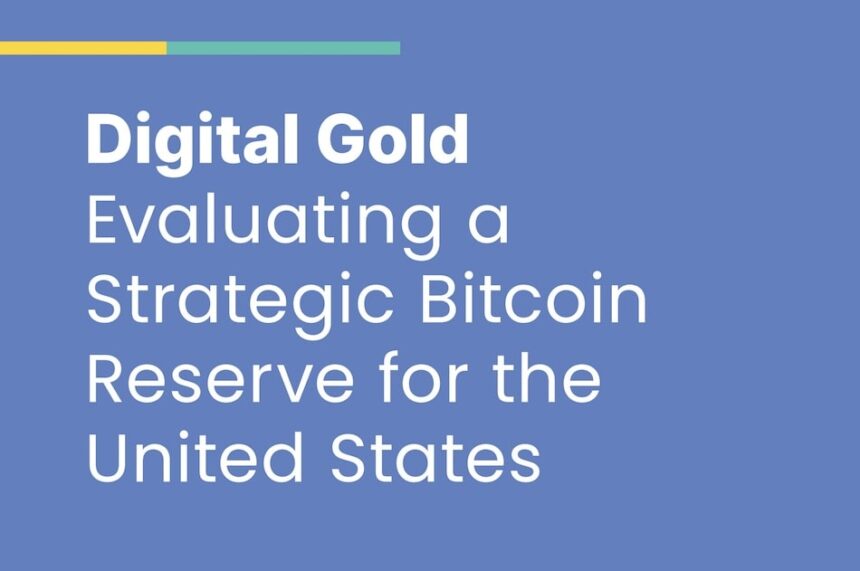Galaxy Digital’s head of firmwide research, Alex Thorn, has expressed confidence that the United States government is poised to establish a Strategic Bitcoin Reserve (SBR) before the end of 2025. In a recent commentary, Thorn asserted, “I still think there’s a strong chance the US government will announce this year that it has formed the strategic Bitcoin reserve (SBR) and is formally holding BTC as a strategic asset. Market seems to be completely underpricing the likelihood of such an announcement.”
This speculation comes in the wake of President Trump’s signing of an executive order in March aimed at creating the SBR and a US Digital Asset Stockpile, although no definitive strategic plan has yet been publicized. Nonetheless, signs suggest that progress is being made; US lawmakers have recently introduced a bill directing the Treasury to assess the feasibility and logistics surrounding the proposed Bitcoin reserve.
Despite this momentum, there remain skeptics within the financial community. For instance, Dave Weisburger, the former chairman of CoinRoutes, believes that the establishment of the SBR is unlikely to occur this year, suggesting that the administration might delay any announcement until it has discreetly acquired its initial holdings.
On an international scale, the urgency for the United States to act is underscored by warnings from influential Bitcoin advocates like Samson Mow, founder of Jan3. Mow cautions that if the US does not expedite its Bitcoin accumulation strategy, it risks being overshadowed by other countries. For example, nations such as Pakistan are reportedly advancing their own initiatives to establish national Bitcoin reserves. This trend is echoed by developments in Kyrgyzstan, which is working on legislation for a state-backed cryptocurrency reserve, as well as ongoing discussions in Indonesia regarding a national Bitcoin reserve aimed at promoting economic growth.
As the landscape for digital assets evolves, all eyes are on Washington to see whether the SBR will materialize and how that could reshape the balance of power in global cryptocurrency markets.







